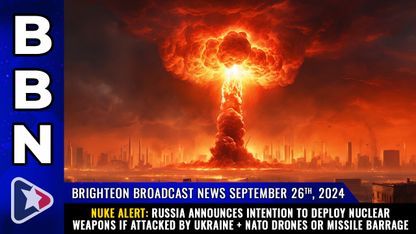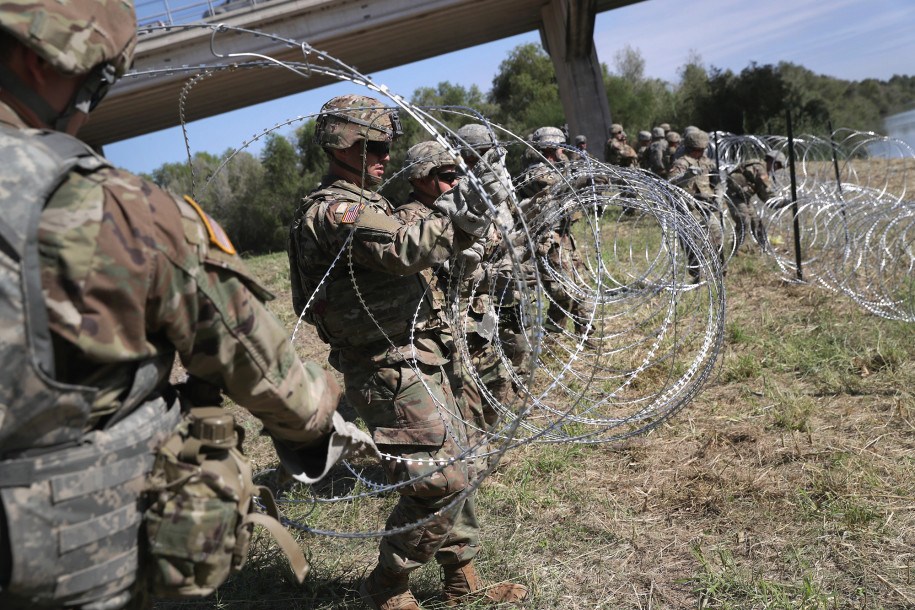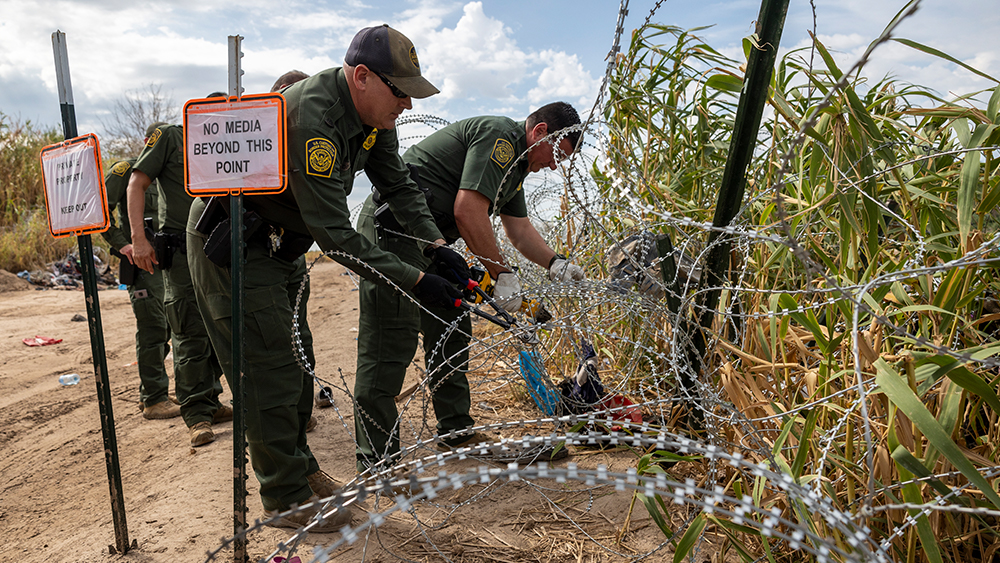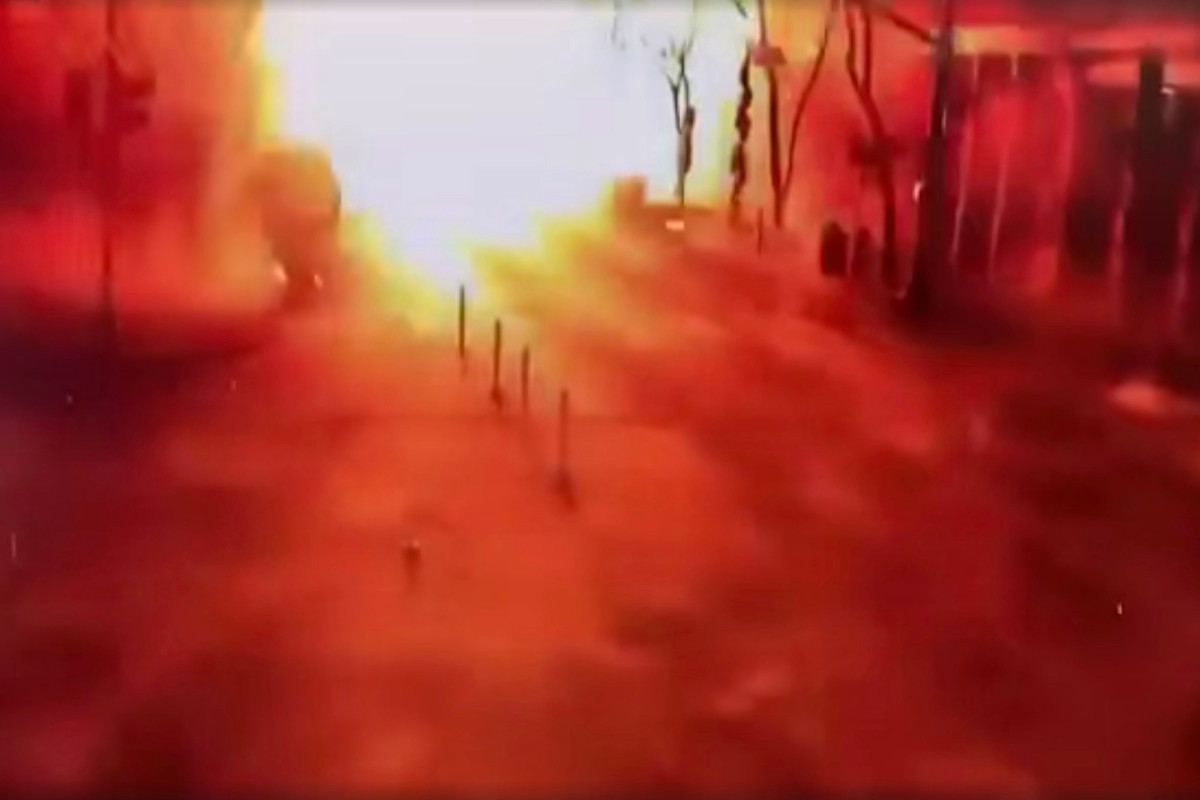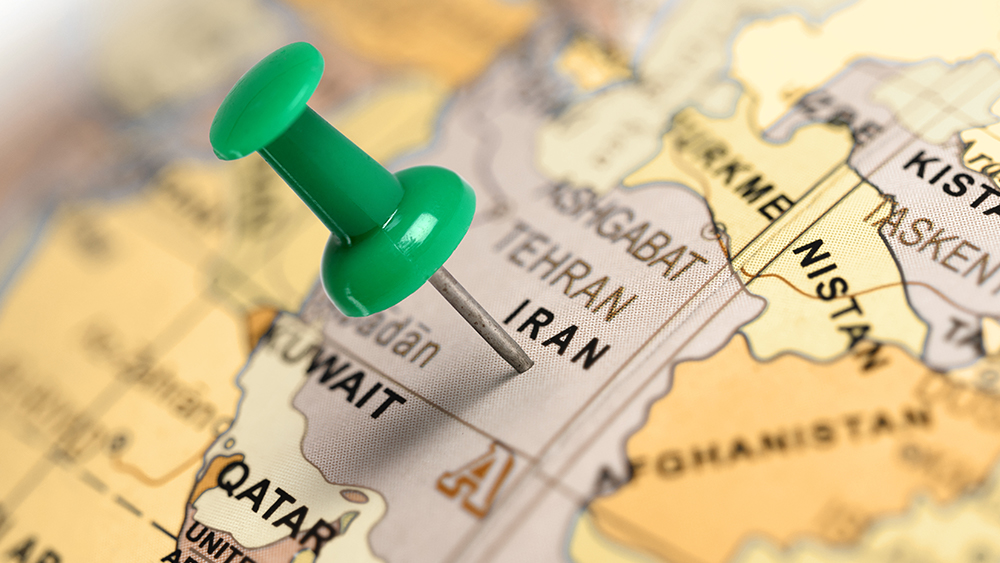
As the world waits to see how President Biden responds to the killing of three U.S. soldiers by Iranian-backed militias in Jordan, Iran is drawing a red line that it is ordering the West not to cross, or else.
Biden says he has already decided what Iran's punishment will be, but has not yet publicly disclosed what it is. This came after numerous meetings between Biden and military and national security advisers who presented him with a range of potential options that include:
• Striking Iranian assets in the Persian Gulf
• Targeting Iran-backed militias in Syria and Iraq
• Launching a cyberattack
• Launching strikes on Iranian territory to take out commanders and key military sites
It is that last option that Iran is promising not to let occur unpunished. If the U.S. crosses that red line, Iran says it will absolutely strike back on American assets throughout the Middle East.
(Related: To kill even more Palestinian civilians, Israeli soldiers dressed up in Palestinian disguises to raid and shoot up Ibn Sina Hospital in Jenin, West Bank.)
Concerns about Biden triggering WWIII
The Biden regime claims it is doing everything possible to avoid escalating the situation any further, especially since this is an election year that Democrats are already going to have a difficult time winning.
"I don't think we need a wider war in the Middle East," Biden said at the White House. "That's not what I'm looking for."
When asked by reporters about concerns raised by his own regime about the risks of escalation with any retaliatory decision against Iran, Biden's only words were, "we'll see."
We know that whatever Biden plans to do, it will be incremental over time. In other words, there will more than likely be a series of retaliatory strikes rather than one big strike all at once.
"We will respond decisively to any aggression, and we will hold responsible the people who attacked our troops," said Secretary of State Antony Blinken about the plan. "That response could be multileveled, come in stages and be sustained over time."
Blinken did not clarify in his statement whether this response will occur within our outside of Iran proper, though he did delineate that "these are going to be very deliberate targets – deliberate strikes on facilities that enabled these attacks."
Since October 7 when Hamas attacked Israel, there have been more than 160 attacks launched by Iran-backed militias on U.S. targets in Iraq, Syria, and Jordan.
Known as the "Axis of Resistance," these Iranian militia groups say their goal is to stop the U.S. from continuing to support Israel's war on Gaza. And according to Hossein Amir-Abdollahian, Iran's foreign minister, Tehran is winning a lot of people over to its way of thinking.
Amir-Abdollahian says the White House knows full well that "a political solution" is required to end the horrors occurring in the Gaza Strip, which are quickly spreading beyond the borders of Palestine and Israel into the greater Middle East.
"Diplomacy is moving forward on this path," he said, adding that Israeli Prime Minister Benjamin Netanyahu "is nearing the end of his criminal political cycle."
Iran seems to think that the most likely path the U.S. will take in response to the incident involving the three dead U.S. soldiers is to target Iran-backed militias in Syria, a response for which Tehran is now actively preparing.
Tensions in the Middle East continue to rise. Find out more at Prophecy.news.
Sources for this article include:
Please contact us for more information.





